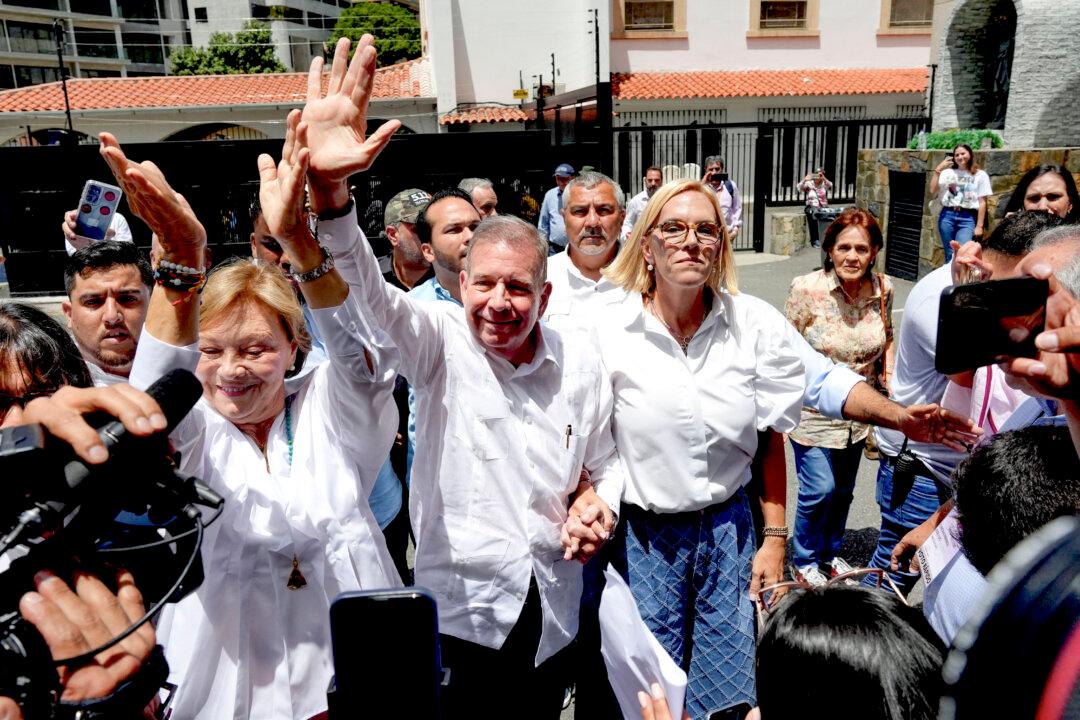Venezuela’s attorney general’s office has requested that an arrest warrant be issued for opposition leader Edmundo González over his refusal to respond to three summonses to testify about an opposition website that published detailed information about the country’s disputed presidential election.
The arrest warrant request for the 75-year-old González from the Democratic Unity Roundtable, an electronic copy of which was viewed by The Epoch Times, comes as part of a probe into his claim that he was the rightful victor of the July presidential election, in which President Nicolás Maduro was declared by officials as the winner.





